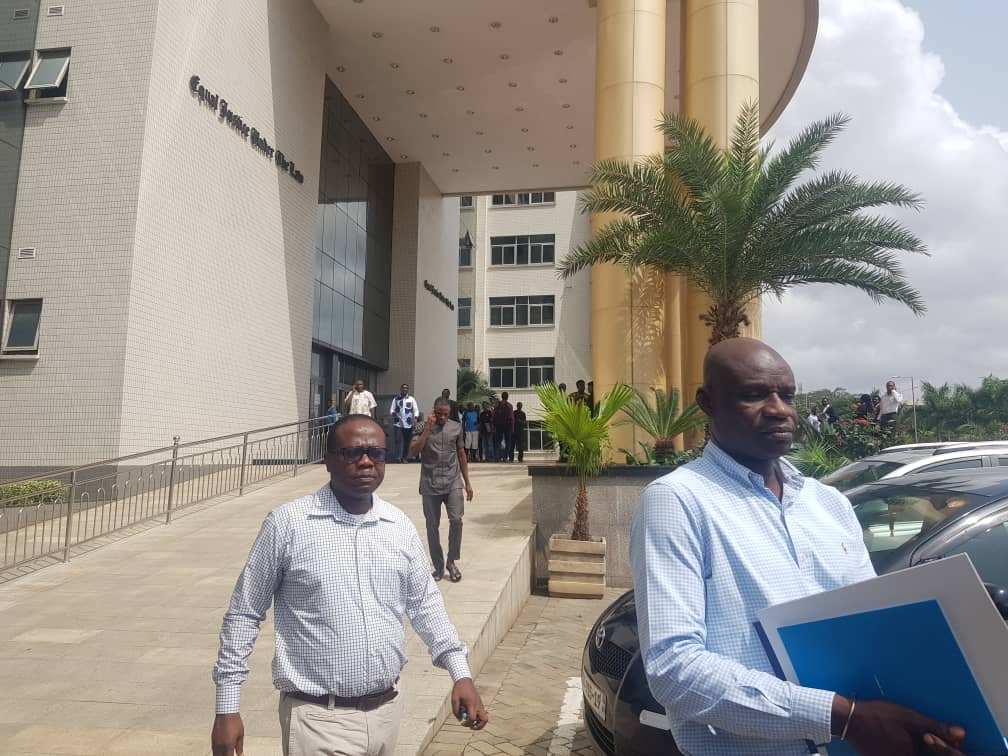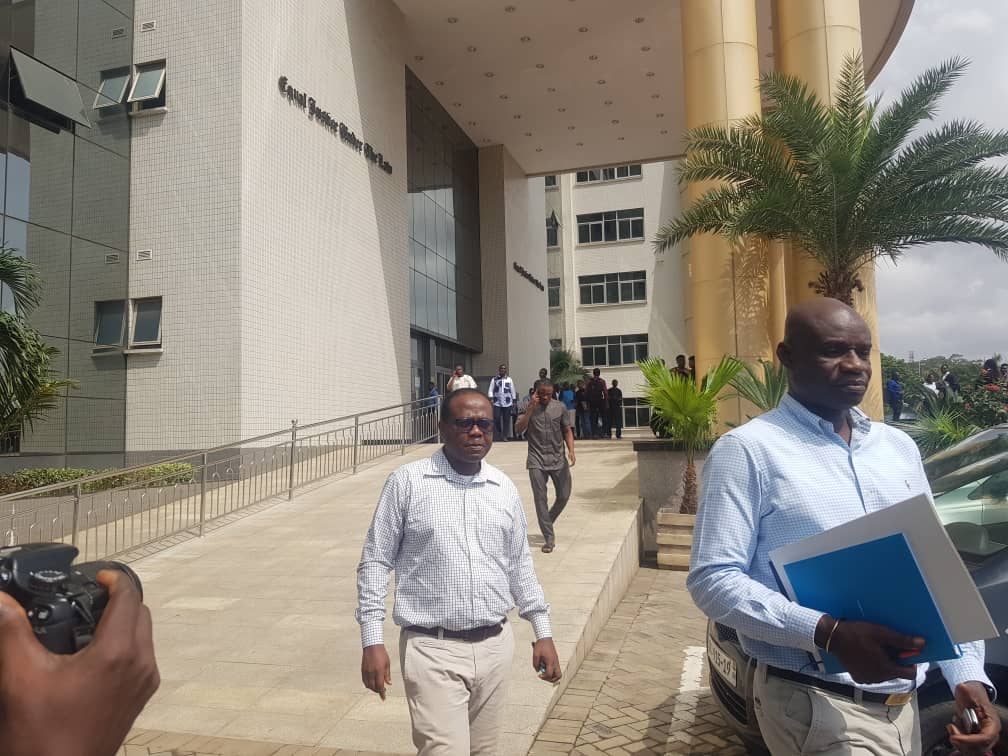Kwesi Nyantakyi gets FIFA ban reduced by CAS
The Court of Arbitration for Sport (CAS) has reduced the FIFA ban slapped on former Ghana FA President Kwesi Nyantakyi to 12 years.
The former FIFA Council Member and CAF 1st Vice President was handed a lifetime ban in 2018 by the football governing body after he was found guilty of breaking its rules on bribery and corruption.
FIFA also found him guilty of breaking the rules on conflict of interest rules after being filmed by an investigative journalist, Anas Aremeyaw Anas, in a hotel room taking a $65,000 (£48,000) bribe from a supposed businessman seeking to sponsor the Ghana Premier League.
The life ban from all football-related activities by FIFA in October 2018 was accompanied by a 500,000 Swiss Francs fine ($498,000).
According to a report, both FIFA and Kwesi Nyantakyi have been informed on the decision by the Swiss-based organisation.
Meanwhile, It is not known if the other sanctions against Nyantakyi have been dropped following the appeal at sport’s highest court.
If this is true, it means Nyantakyi can return to the administration of the game in 2029 but can attend football matches even though he cannot play a part in the administration of the game for now.
Nayantakyi resigned from all the positions held which included President of the West African Football Union (WAFU).
He has since denied any wrongdoing regarding the match-fixing allegations.
On March 4, 2020, the Accra High Court granted Kwesi Nyantakyi and former chairman of the Northern Region Football Association (RFA), Abdulai Alhassan bail.
They were granted a GH¢1 million bail each with three sureties, one to be justified.
Number 12
An investigative sting operation by Anas Aremeyaw Anas captured Nyantakyi on video entering into sponsorship deals with some investors who ended up being undercover agents for Anas.

Nyantakyi’s conduct contravened FIFA’s ethics and so he subsequently resigned as the GFA president.
The documentary dubbed “Number 12” was produced by Anas in collaboration with the BBC.
It actually exposed Mr Nyantakyi compromising his position by accepting money and the highlights of mass corruption in football in Africa.

FIFA’s adjudicatory chamber of the independent Ethics Committee later banned him for life from all football-related activities.
He used the name of President Nana Addo Dankwa Akufo-Addo to peddle influence in the documentary and so the state pencilled him for prosecution.
The prosecution stalled because of the murder of Ahmed Hussein Suale, one of the journalists who worked on the documentary together with Anas Aremeyaw Anas and implicated Mr Nyantakyi.



